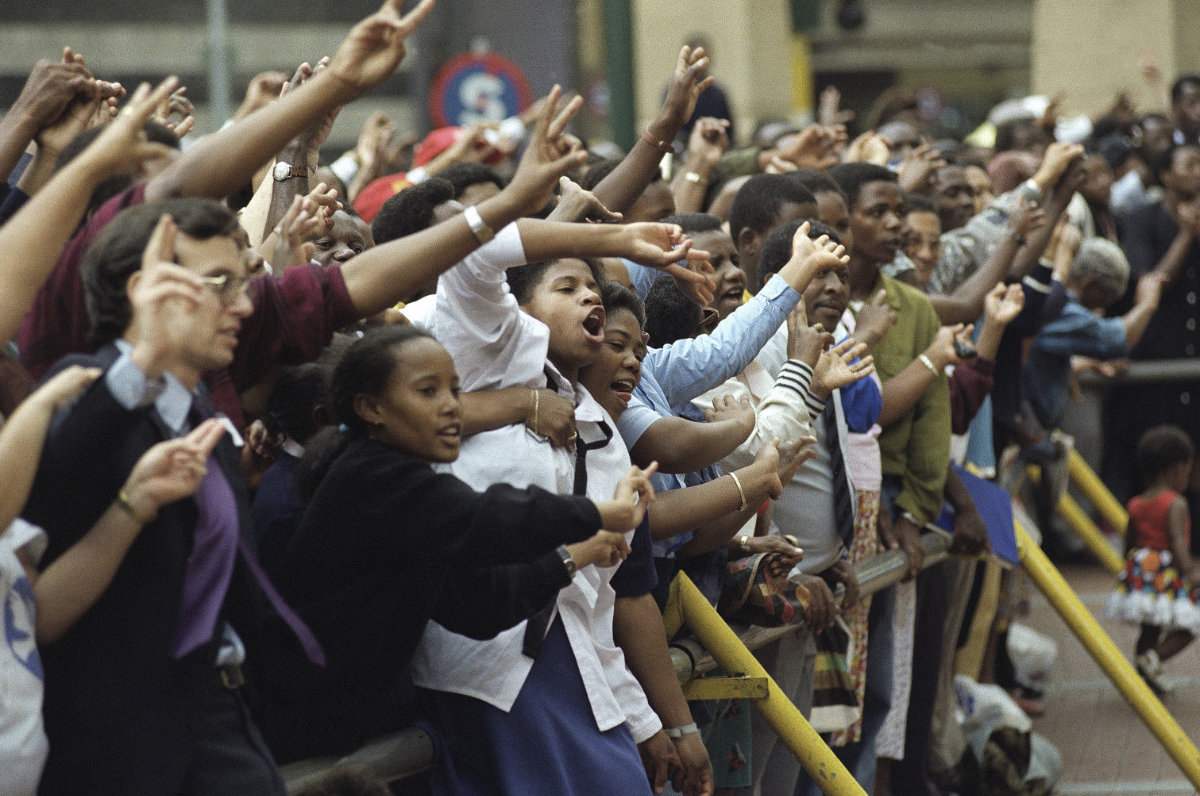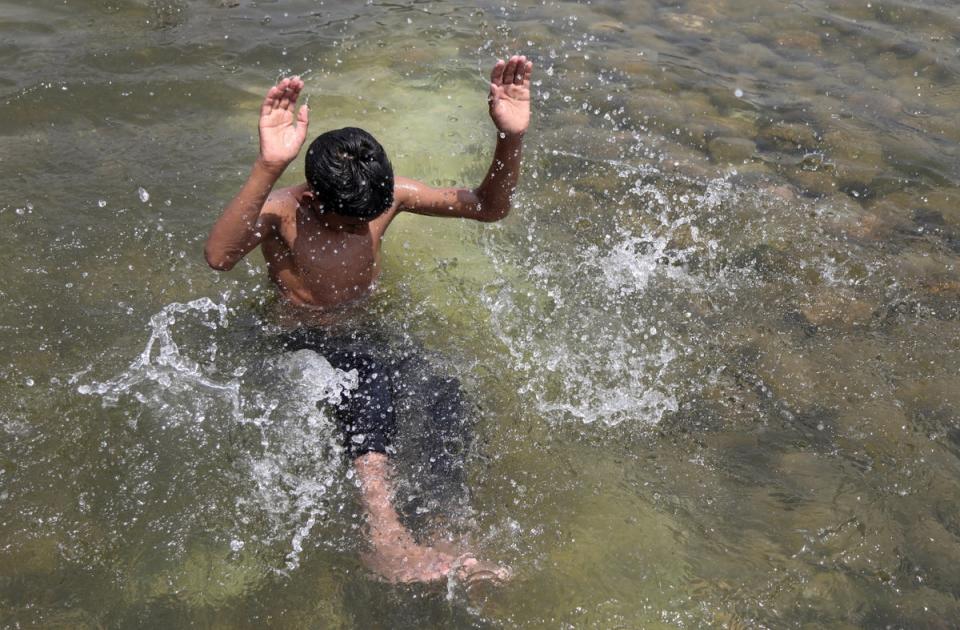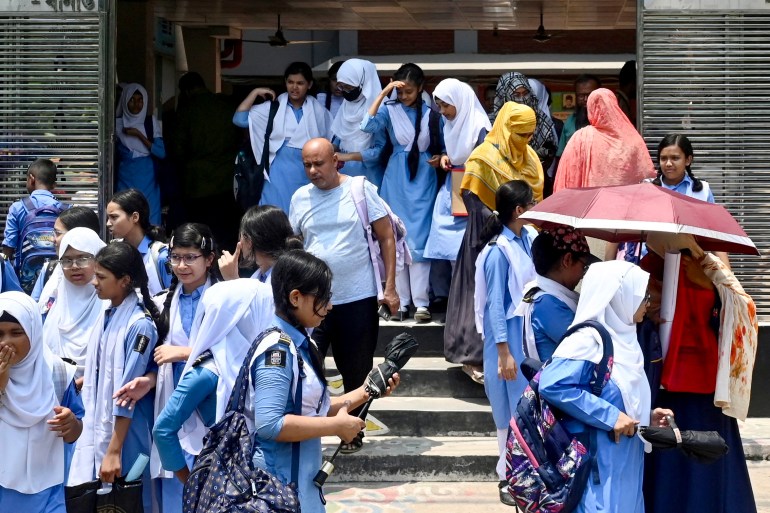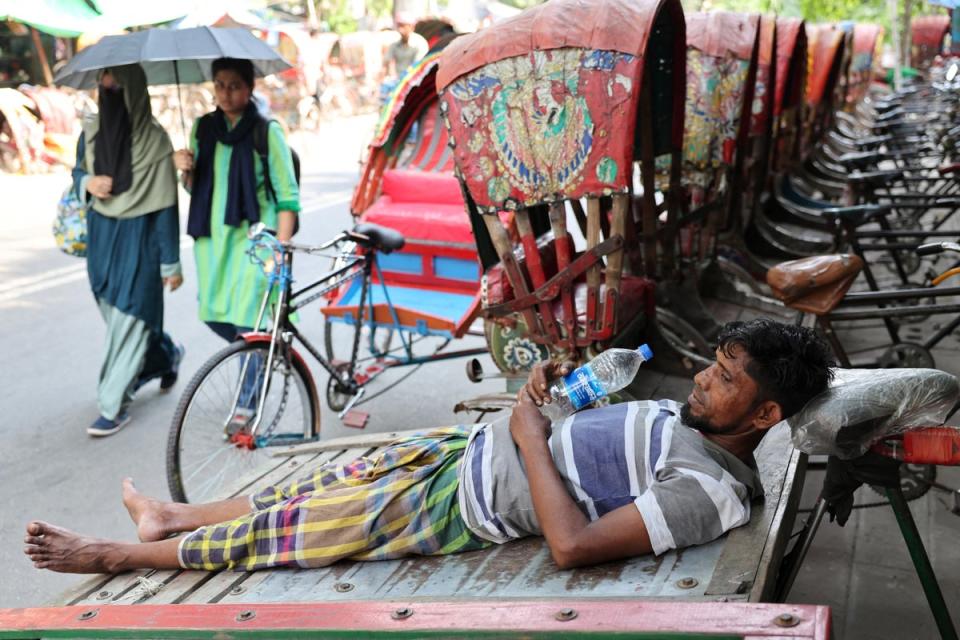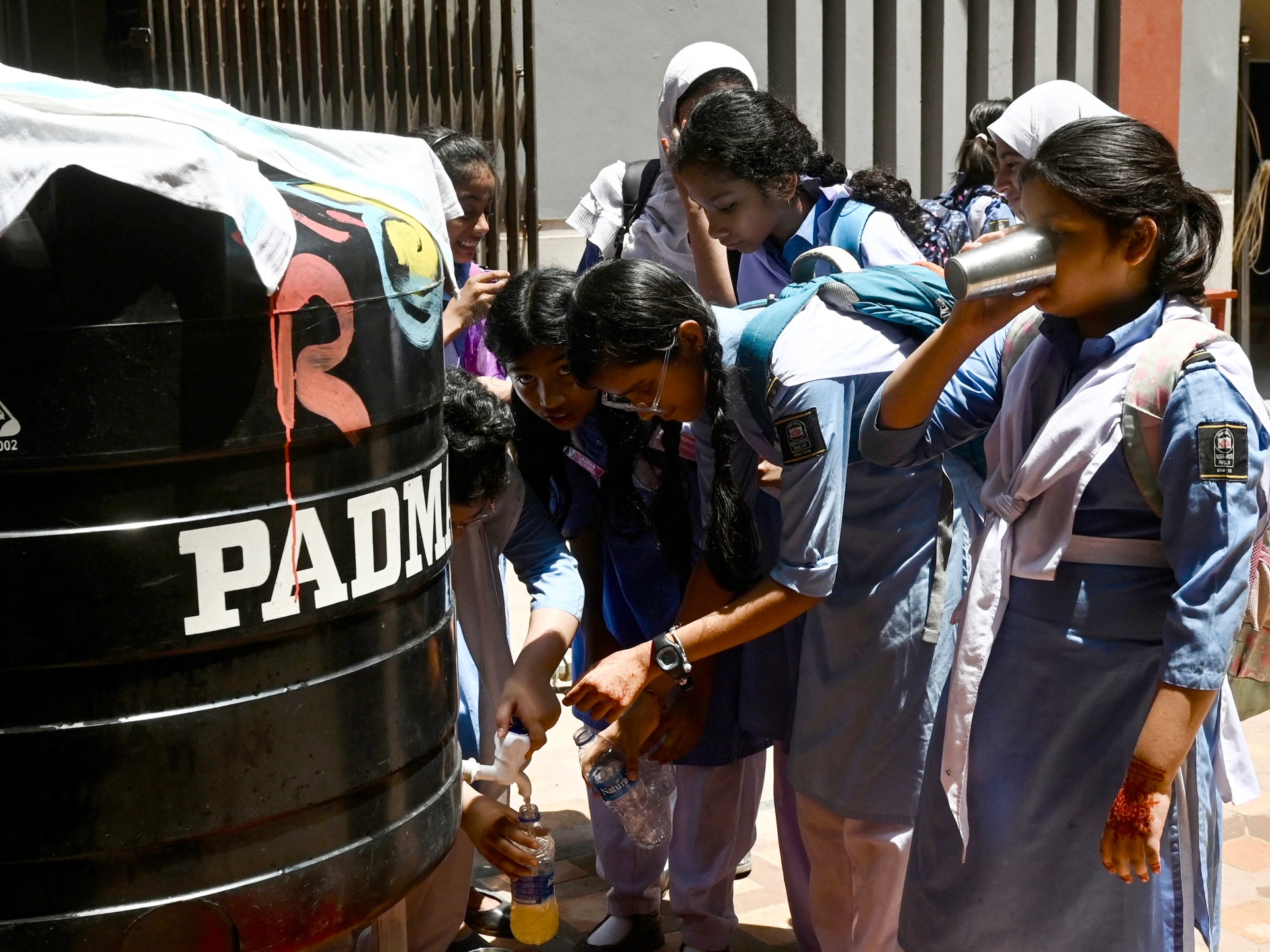
A severe heatwave in Bangladesh has forced the closure of schools for over 33 million children, with at least nine people, including a police officer, reportedly dying from suspected heatstroke. The early onset of the intense heatwave has also impacted agricultural production and disrupted daily life in the country.
According to Bangladesh's meteorological department, average maximum temperatures in Dhaka over the past week have been 4-5 degrees Celsius higher than the 30-year average for the same period. The highest temperature recorded was 42.2 degrees Celsius in Chuadanga district.
The heatwave has prompted health minister Samanta Lal Sen to order hospitals to brace for emergencies, with thousands of Bangladeshis gathering in city mosques and rural fields to pray for rain and seek respite from the sizzling temperatures.
Rashed Chowdhury, senior global futures scientist at Julie Ann Wrigley Global Futures Laboratory, said that the temperature is rising as the El Nino flips to La Nina and it could be the hottest year on record. In India, the federal weather agency has issued severe heatwave alerts for parts of the country with temperatures soaring to 42-44 degrees Celsius.
The United Nations children's agency (Unicef) has urged parents to be extra vigilant in keeping their children hydrated and safe during the heatwave. Unicef also emphasized the urgent need for action to protect children from the worsening impacts of climate change.
Bangladesh is not alone in facing extreme weather conditions, with many parts of the world experiencing record-breaking temperatures and natural disasters due to climate change. It is crucial that governments and organizations take immediate steps to mitigate the effects of climate change and ensure a sustainable future for generations to come.
